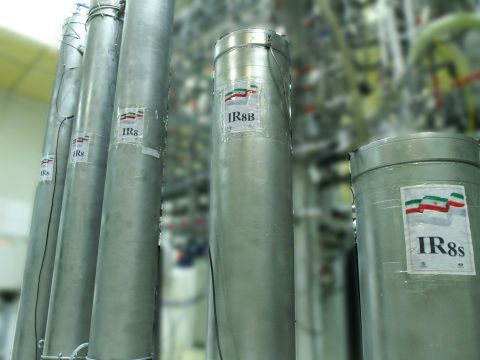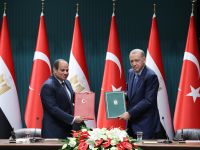ALBAWABA - Iran's enriched uranium stores have risen significantly, surpassing the 2015 nuclear deal's restrictions, according to the IAEA. Iran's enriched uranium stockpile rose 675.8 kilograms to 6,201.3 kilos as of May 11, according to the IAEA's latest quarterly report to board members.
This spike puts Iran well beyond the Joint Comprehensive Plan of Action's 300-kilogram limit. Iran continues to manufacture 60%-enriched uranium, which has increased by almost 20 kg since the last report.
After almost three years of discussions, Iran, the P5+1 (US, Russia, China, UK, France, and Germany), and the EU signed the JCPOA in July 2015. Iran was limited to enriching uranium up to 3.67% and stockpiling 300 kg under the 2016 accord.
Iran insists that its nuclear program is peaceful, but Rafael Mariano Grossi, the head of the International Atomic Energy Agency, has already warned that Tehran has enough enriched uranium to levels close to those capable of making several nuclear bombs if it chooses to do so.
Grossi acknowledged that the agency cannot guarantee the non-diversion of any of Iran's centrifuges for secret enrichment purposes.
Compliance concerns developed after the US withdrew from the accord in 2018 and reimposed sanctions on Iran. The accord stalled, and Iran started stockpiling low-enriched uranium in 2019.
After the 2020 killing of Iranian General Qassem Soleimani, tensions rose. Iran said that it would no longer follow the JCPOA but would alert the IAEA. Iran then increased its uranium enrichment to 60% and updated its centrifuges to modern models, increasing capacity.










